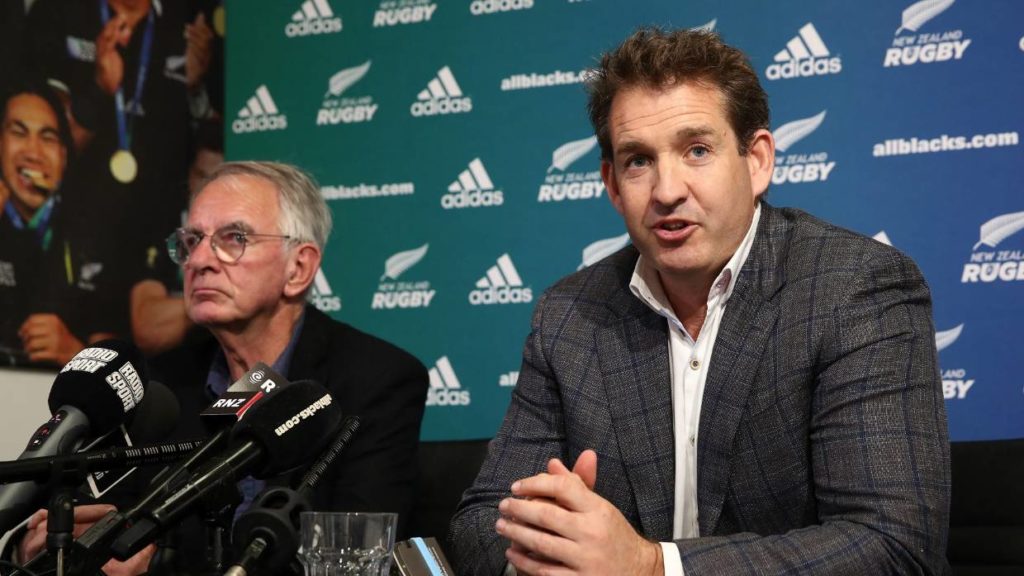New Zealand Rugby chief executive Mark Robinson says the revised 10-week domestic competition could start behind closed doors as early as June in a best-case scenario.
READ: Kiwis set for Super Rugby resumption
In a major development on Thursday, New Zealand confirmed they were nearing a return to action after the government had given the green light for professional rugby and netball to resume at Covid-19 alert level 2.
New Zealand’s lockdown levels have begun to be eased recently, and as they recover from the coronavirus pandemic, so it appears that a revised domestic competition will be able to resume under strict conditions.
It will be a 10-week New Zealand competition involving its five Vodacom Super Rugby clubs, with two matches per weekend.
‘Both netball and rugby have been working closely with government agencies on what training and playing at level two could look like, and we are incredibly grateful for their support,’ Robinson stated.
‘As soon as the country announces what date we move to alert level two, we will be able to confirm what date Super Rugby will kick off.’
The revised ‘domestic competition’, which will involve the Blues, Chiefs, Hurricanes, Crusaders and Highlanders, has been developed by NZR in conjunction with Sanzaar, the Super Rugby clubs and the NZ Rugby Players’ Association (NZRPA).
All matches will be played in closed stadiums.
‘Kiwi rugby fans love the local Investec Super Rugby derbies, and they will now have 10 consecutive rounds to enjoy,’ said Robinson.
He said the players would need three to four weeks to adequately prepare with contact training before matches could commence.
‘We’re delighted for our fans that in a best-case scenario we will have top-quality rugby back on our screens next month. I know the players would prefer to be playing in front of our fans, but the health and safety of Kiwis must come first.’
Robinson stressed that the health and safety of everyone involved was their number-one priority.
‘While we want to see our game up and running as soon as possible, we won’t make decisions that will put anyone at risk. We have always said we will take the government’s lead on when it is safe to return.’





